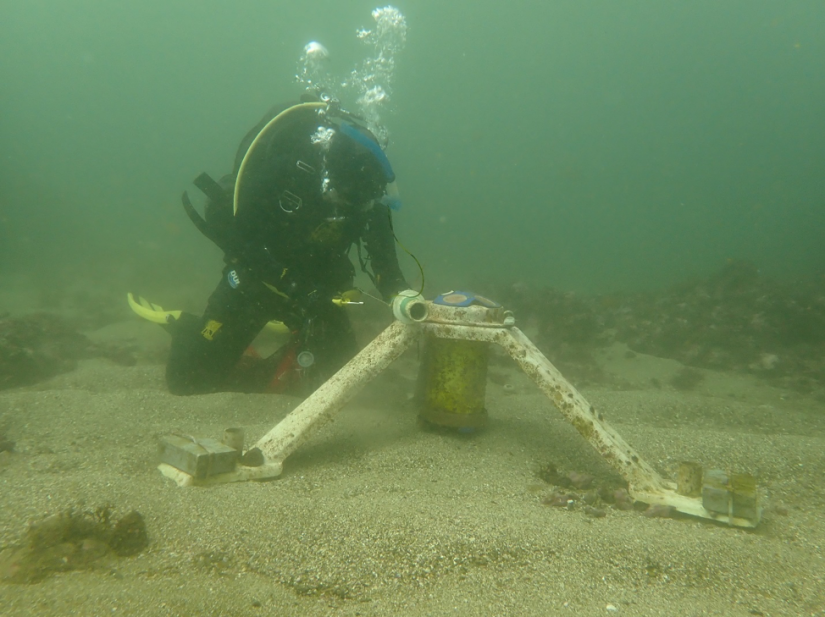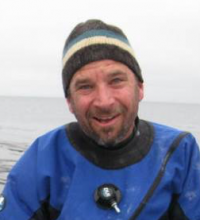Bull kelp populations along California’s northern coast have decreased 90% since 2014, generating tremendous concern. This project employs multiple strategies to seek solutions to this environmental issue.
Eight senior investigators across four institutions, and their students, are collaborating on an integrated research effort targeting three experimental aims. First, the researchers will culture heat-tolerant strains of bull kelp and test outplanting, and will quantify distances kelp spores travel in ocean currents to characterize reseeding potential. Second, they will conduct experiments to determine whether more efficient protocols might exist for removing sea urchins, which eat kelp, and the extent to which urchins might be vulnerable to freshwater influx. Third, the project will explore the potential of an urchin predator, the sunflower sea star, to aid control of urchin populations. Finally, the researchers will predict long-term outcomes from the experimental work and restoration interventions using models.
The project will address key scientific unknowns in order to facilitate effective kelp restoration. Meetings among the research team, partners, and regulating agencies will facilitate the early dissemination of results that directly inform management actions.

 Brian Gaylord
Brian Gaylord
 Marissa Baskett
Marissa Baskett
 Aurora Ricart
Aurora Ricart
 Mackenzie Zippay
Mackenzie Zippay
 Brent Hughes
Brent Hughes
 Sean Place
Sean Place
 Matt Edwards
Matt Edwards
 Jason Hodin
Jason Hodin